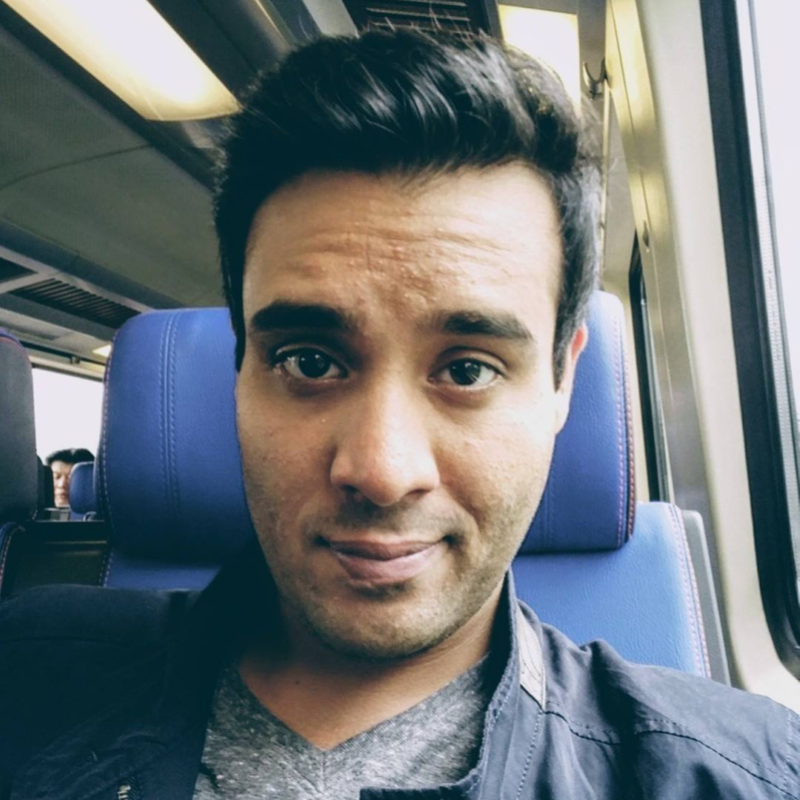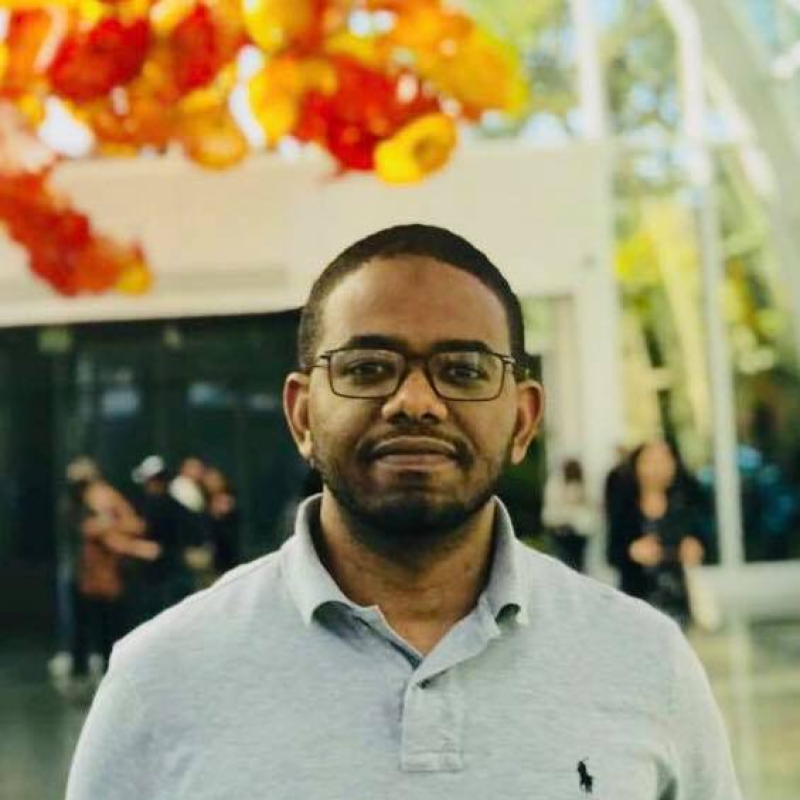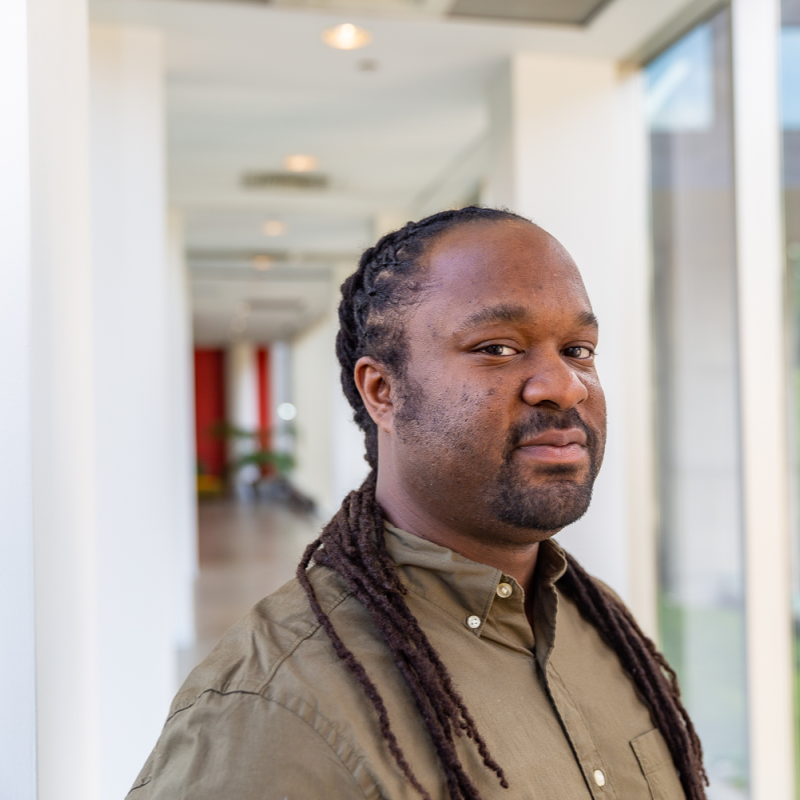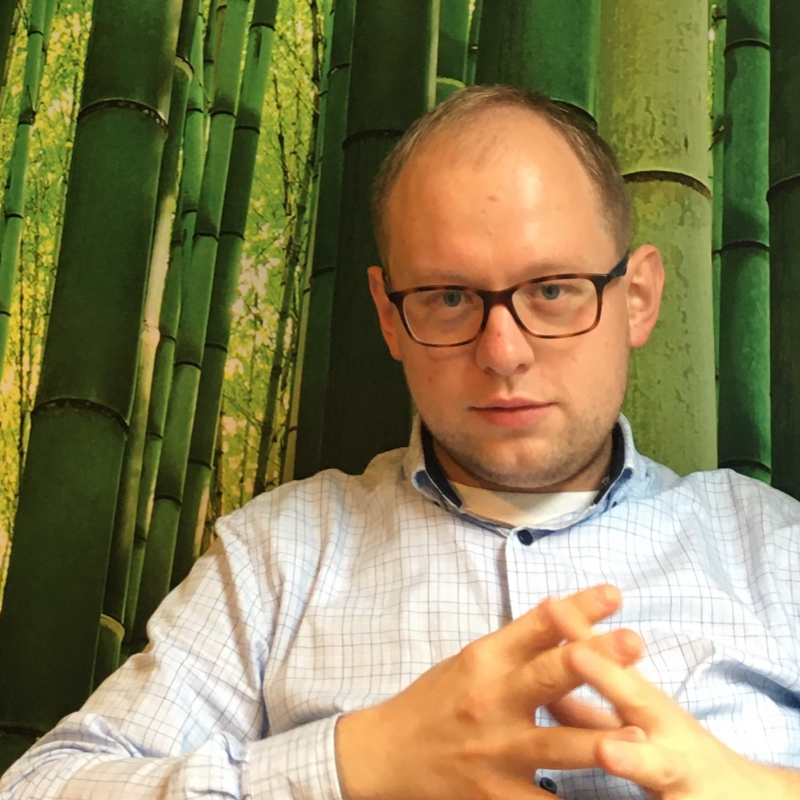Exercise Tracking
Any relevant research that focuses on measuring exercises beyond counting steps. It includes but is not limited to novel sensing technologies, the appropriate informatics and gamification techniques to improve motivation.
Any relevant research that focuses on measuring exercises beyond counting steps. It includes but is not limited to novel sensing technologies, the appropriate informatics and gamification techniques to improve motivation.
Topics include but are not limited to novel sensing techniques to automatically monitor the user's diet, different methods for food logging, and tracking specific diet persistence.
Topics include but are not limited to techniques for measuring sleep quality, the impact of environmental and routine factors on sleep, and intervention.
Fitness tracking has become a growing culture all around the world. In the past decade, academic and industrial research has offered a plethora of solutions enabling users to track their exercise, diet, and sleep activities. They aim to help users achieve specific goals, but in practice these trackers operate independently from each other. This disconnect can lead to incomplete or contradicting feedback to the user. In this workshop we focus on three aspects of fitness:

He is a PhD student at Carnegie Mellon University. His research interests include building novel unobtrusive sensing technologies driven by machine learning and computer vision. He also values how design impacts technological use and interactions.

He is a PhD student at Carnegie Mellon University. His research interests include activity recognition, novel sensing technologies, and mobile health. His current research focuses on developing wearable tracking solutions for fitness activities.

He is an Assistant Professor at Carnegie Mellon University. His interests include exploring how technology can be used to understand human ability and support empowerment, independence, and improved quality of life. His research focuses on understanding user needs and designing technology systems that enhance and leverage the full potential of users with diverse abilities.

He is an Assistant Professor in Informatics at the University of California, Irvine. He studies and designs personal informatics systems, understanding and addressing the challenges people face when using self-tracking technology in everyday life.

He is an Assistant Professor in Design, Production, and Management at University of Twente. His work examines and designs tools to support health and wellbeing, evaluating how these tools augment abilities to reflect and to identify opportunities for change.

He is the director of R&D Health at OFFIS Institute for Information Technology. His research interests are particularly in the areas of technologies for prevention and well-being, ambient assisted living and personal media use.

He is a PhD student at Carnegie Mellon University. His interests include building systems and methods with the goal of understanding human behavior and improving people's well-being. He is currently focused on personalization of health interventions using machine learning, wearables and a smartphone.

He is an Assistant Professor at the University of Utah. His interests include developing approaches for interpreting personal data. He uses mixed approaches to understand challenges in dealing with unified data, and understand the perspectives of both users and application developers.

He is an Assistant Professor at Utrecht University. He is interested in mobile interactions, designing technology for sports and persuasive technology.
If you have any questions, concerns or feedback for us, get in touch!